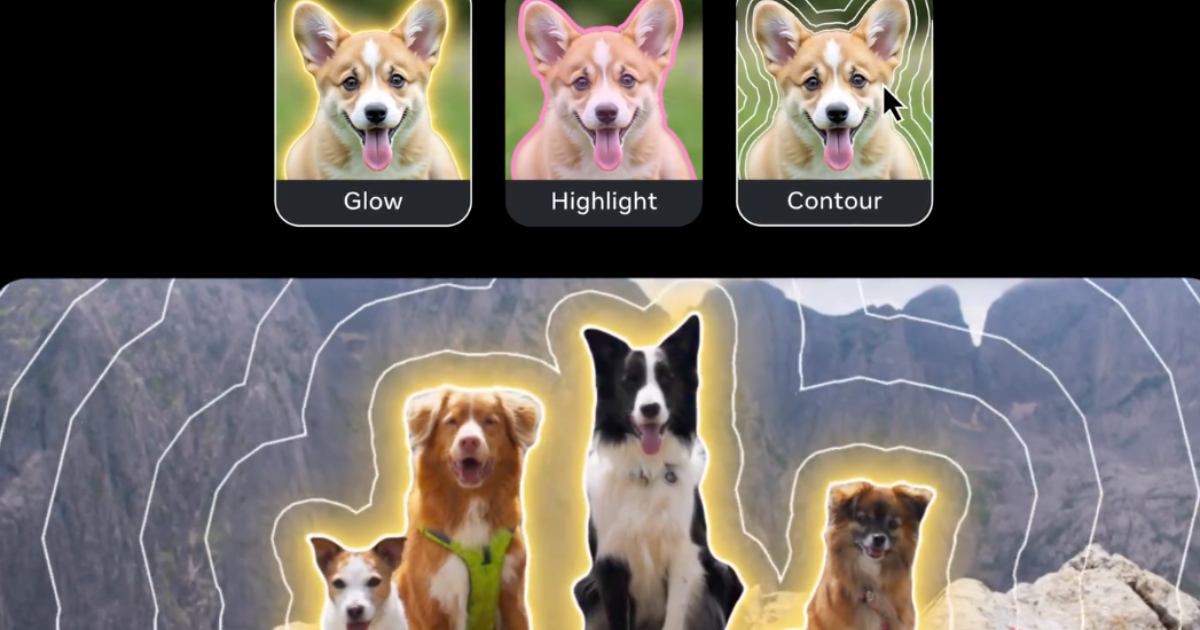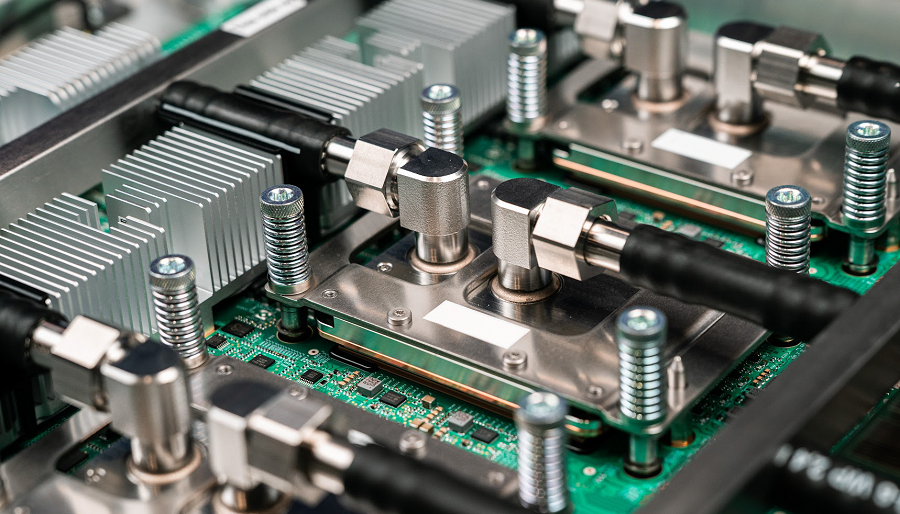SAM 3 Introduces a More Capable Segmentation Architecture for Modern Vision Workflows
PositiveArtificial Intelligence

- Meta has launched SAM 3, the latest iteration of its Segment Anything Model, which significantly enhances segmentation capabilities by improving accuracy, boundary quality, and robustness in real-world scenarios. This update is the most substantial since the model's inception, aiming to provide more reliable segmentation for both research and production workflows.
- The introduction of SAM 3 is crucial for Meta as it positions the company at the forefront of AI-driven segmentation technology, enabling more effective applications in various fields, including computer vision and medical imaging, thereby potentially increasing its market competitiveness.
- This development reflects a growing trend in AI towards models that integrate advanced segmentation techniques with minimal training requirements, as seen in other frameworks like SCALER and UnSAMv2. These innovations highlight the industry's shift towards enhancing model efficiency and adaptability, addressing challenges such as label deficiency and granularity control in segmentation tasks.
— via World Pulse Now AI Editorial System






